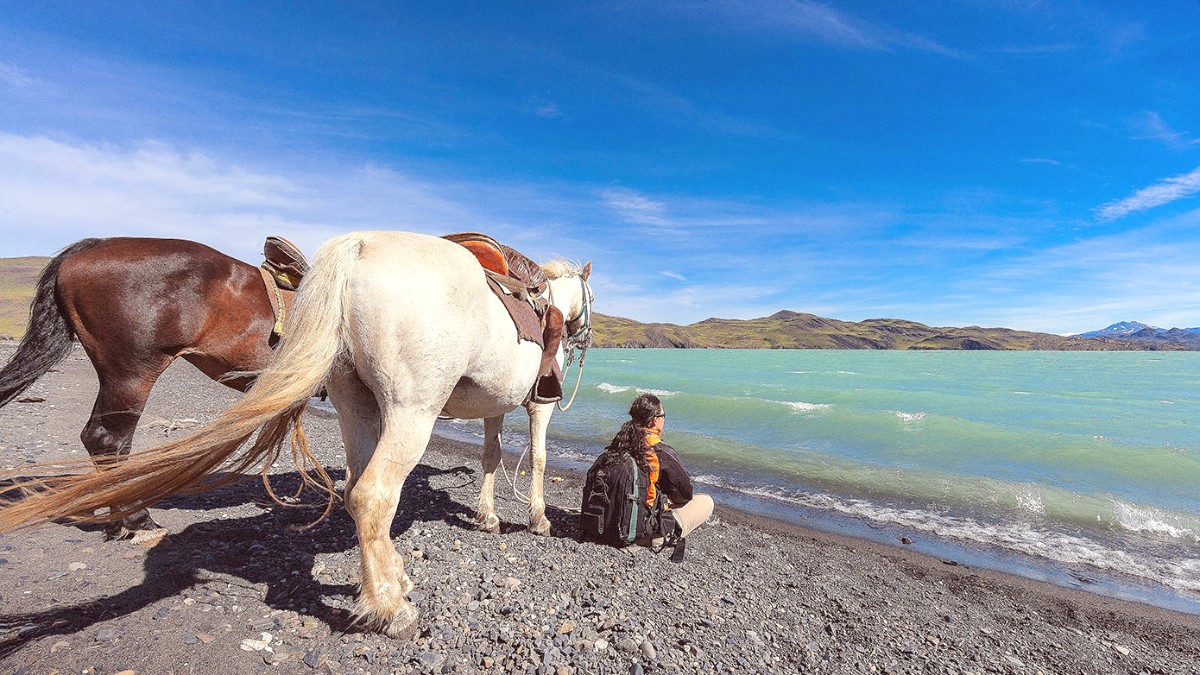
Niuean cuisine is rooted in Polynesian traditions, with influences from New Zealand and other Pacific islands. Fresh seafood from Niue's deep waters (tuna, mahi-mahi, wahoo) is a large part of the diet.
Traditional cooking methods, like the umu (earth oven), appear for special occasions, giving a smoky, rich flavor to meats and root vegetables.
Meals in Niue are social, emphasizing community. When invited to a local home, accept food. Wash hands before eating. Dress informally. Wait for older members or guests to begin eating.
Breakfast and lunch are typically informal. Dinner is often the main meal, usually eaten in the early evening. Restaurants typically open for dinner around 6:00 PM or 6:30 PM.
Given Niue's small size, no significant regional variations exist in its cuisine. Dishes and cooking styles stay consistent across the island's villages. Flavors are fresh and simple, avoiding excessive spices.
This staple root vegetable, similar to a potato, is found everywhere. It is often boiled, baked, or fried.
Find it in most local restaurants and at the market.
A refreshing dish of raw fish marinated in coconut cream, lime juice, and often mixed with chopped chili, tomato, and onion. It resembles ceviche.
Most restaurants and takeaways serve Ota Ika.
Mutu, a traditional dish (taro, fish, coconut cream), is slow-baked in an umu. Uga, a large land crab, is a delicacy. Its consumption is regulated.
Umu dishes are best at fiafia nights. Inquire about Uga availability at local restaurants; it is a rare treat.
Enjoy fresh tropical fruits like pawpaw, bananas, passionfruit, and starfruit. Look for coconut bread, sweet potato cakes, or other baked treats at the Niue Market.
Fresh coconut water is the most popular natural beverage. Locally brewed beer is limited. Imported soft drinks are widely available.
Niue does not feature a "fine dining" scene like Michelin-starred restaurants. The most elevated dining experiences are at the island's resorts or a few dedicated restaurants.
Several mid-range dining options exist in Alofi and around the island. These establishments serve a mix of Niuean, Pacific, and Western cuisine.
For budget-friendly meals, look for small takeaways in Alofi. The Niue Market is the main market and a must-visit for food enthusiasts.
Finding dedicated vegetarian and vegan options can be challenging outside of major resorts. Local cuisine has root vegetables and tropical fruits.
For strict diets, self-catering is highly recommended.
Awareness of specific dietary allergens like gluten is limited. Halal and kosher food options are very limited to non-existent.
Communicate needs clearly. Carry a Translation card if needed. Self-catering or bringing specific staples is recommended for strict requirements.
Not widely available. Informal demonstrations with local hosts.
Inquire locally about visiting small farms or plantations for produce.
Occasional village events. The Niue Market is a weekly food event.
A significant cultural and culinary highlight at Fiafia nights.
Experiencing a traditional earth oven (umu) feast is a significant cultural and culinary event.
These feasts are often part of a fiafia (cultural show) night, usually at a resort or community hall.
Visiting the Niue Market is an experience. It presents a chance to sample local snacks, baked goods, and prepared foods.
This provides a casual yet authentic dining experience.
Some local guides incorporate elements of traditional foraging during nature walks.
During traditional feasts (fiafia nights) or other cultural events, you will find a wider array of traditional dishes.
Finding dedicated vegetarian and vegan options can be challenging outside of major resorts. Local cuisine relies heavily on root vegetables and tropical fruits.
Halal and kosher food options are very limited or non-existent in Niue due to minimal demand.
Awareness of specific dietary allergens like gluten is limited in Niuean eateries. Communicate clearly with restaurant staff.
For severe allergies or strict requirements, self-catering or bringing specific dietary staples from home is recommended.
Always double-check ingredients.
Plan for flexibility and self-reliance if you have strict dietary needs. Communicate clearly and early.
Local dishes often use simple flavors.
Experience a traditional earth oven (umu) feast, a cultural and culinary highlight, often part of a Fiafia night.
Visit the Niue Market in Alofi (Friday/Saturday mornings) for local snacks, baked goods, and produce, a casual yet authentic dining experience.
Some local guides may integrate traditional foraging during nature walks, sharing knowledge of edible plants in Niuean cuisine.
Attend a Niuean fiafia night. This event includes a traditional umu feast and a cultural performance.